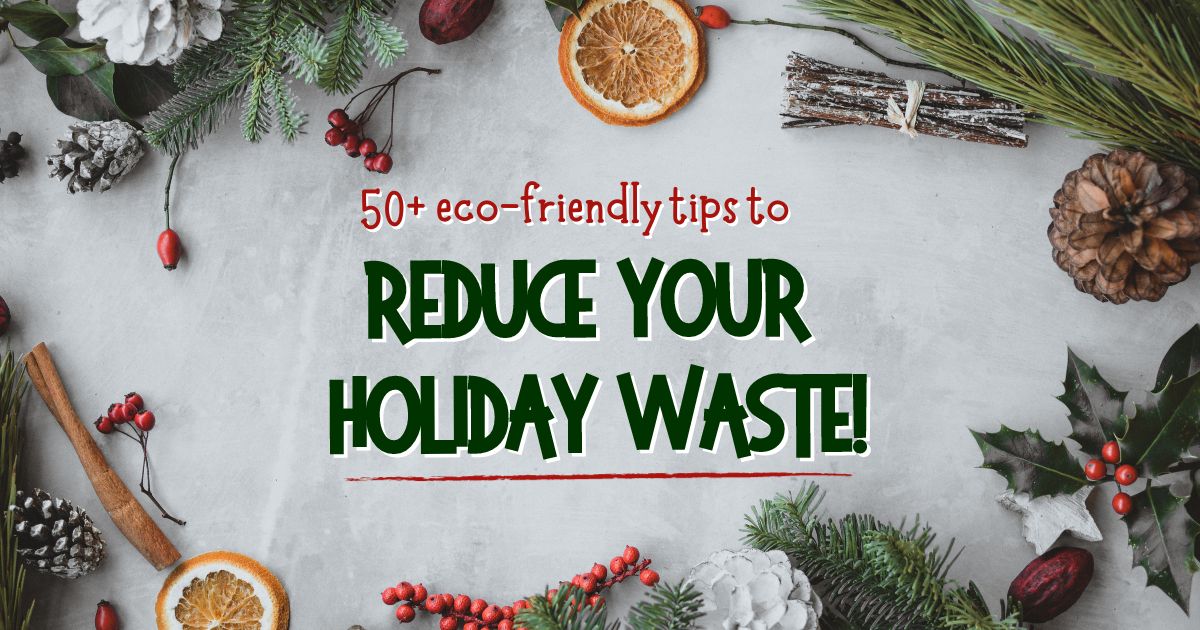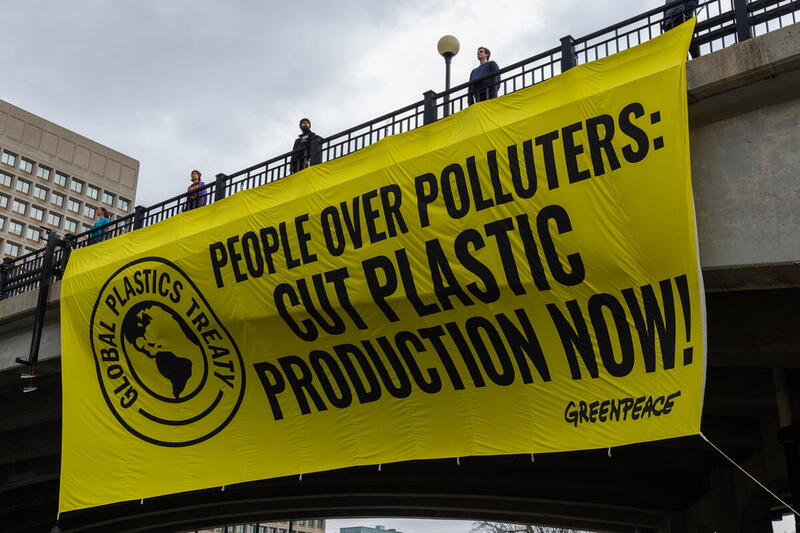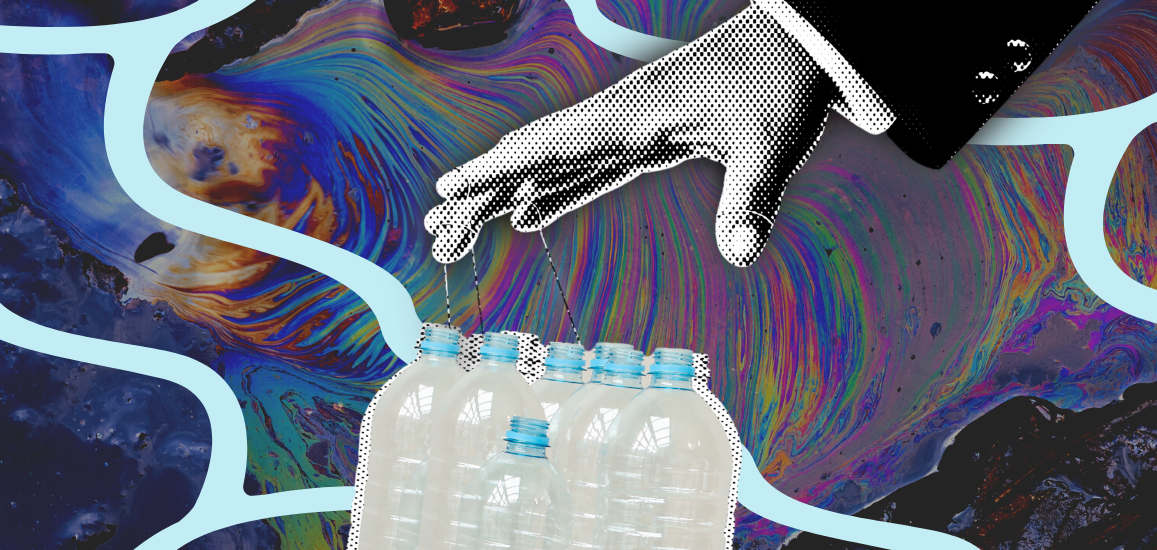Vancouver – A Greenpeace USA report released yesterday, Throwing Away the Future: How Companies Still Have It Wrong on Plastic Pollution “Solutions,” warns consumers to be skeptical of the so-called solutions announced by multinational corporations to tackle the plastic pollution crisis. These false solutions, such as switching to paper or ‘bioplastics’ or embracing chemical recycling, are failing to move us away from single-use packaging and divert attention away from beneficial systems that prioritize refill and reuse.
“Despite the increasing scientific understanding of the irreversible damage plastic can cause to our environment and communities, plastic production is projected to dramatically increase in the coming years,” said Greenpeace USA Senior Research Specialist Ivy Schlegel, who authored the report. “Multinational consumer goods companies continue to promote so-called sustainable alternatives that would put unacceptable pressures on natural resources such as forests and agricultural land, which have already been overexploited. To solve the plastic pollution crisis, companies need to rethink how products are delivered to consumers and invest significantly in reusable and refillable delivery systems.”
Many of the world’s largest global consumer goods companies, including Nestlé, Unilever, PepsiCo, and Procter & Gamble, have signaled their intent to make plastic packaging more recyclable, reusable, compostable, or from recycled content. Meanwhile, they are aiming to continue, and even increase, the manufacturing of products wrapped in single-use plastic or disposable packaging made from other materials.
The report finds that companies are investing in risky emerging chemical conversion “recycling” technologies, which offer false hope and lock in demand for plastic packaging. Companies have obscured the true impacts of packaging behind confusing marketing terms, sustainability language, and industry alliances, hoping that consumers will continue to believe the false promise that plastic can be improved. These misleading claims that a product is compostable, biodegradable, or made from plants, does not mean that product is good for the environment or will reduce plastic pollution.
“With growing public outrage about plastic pollution and our over-plasticized lives, companies in Canada and around the world are turning to false solutions in an attempt to escape scrutiny over their waste practices,” said Greenpeace Canada’s Head of Oceans and Plastics, Sarah King. “Switching to paper, bio-based materials and ‘recyclable’ plastic packaging keeps us stuck in this throwaway model that isn’t working. Investing in chemical ‘recycling’ and ‘waste-to-energy’ models, all maintain the status quo creating and even creates demand for waste. It’s time we see a major transition by big Canadian corporations, including supermarket chains, prioritize reuse and ditch single-use.”
By the end of 2019, globally, plastic production and burning will emit the carbon equivalent of 189 coal-fired power plants. And it is estimated that by 2050, there will be 12 billion tonnes of plastic waste in natural environments. As companies recognize the threat of plastics, Greenpeace is demanding that they not simply embrace a quick fix that harms the planet elsewhere.
To date, more than 4 million people around the world have demanded that corporations take action to end the plastic pollution crisis. In Canada alone, over 200,000 people have called on Canada’s major supermarket chains to ditch single-use plastics through Greenpeace Canada’s petition.
-END-
Notes:
[1] Download the report here
For more information, please contact:
Capucine Dayen, Greenpeace USA Global Comms Lead for Plastics
[email protected]; +33 647 971 819
Marie-Christine Fiset, Head of Media, Greenpeace Canada
[email protected]; +1 514 972-6316



